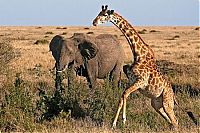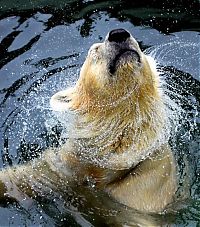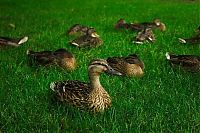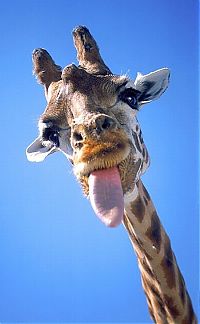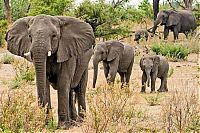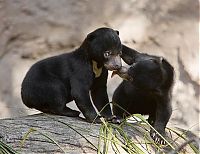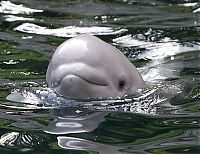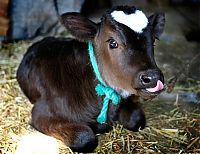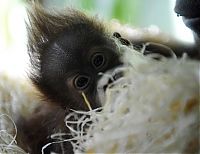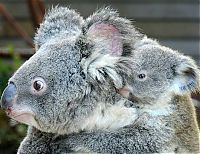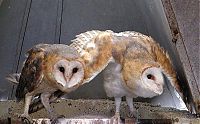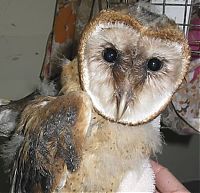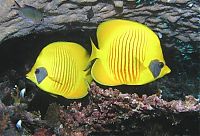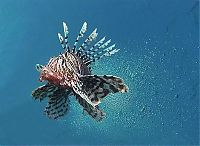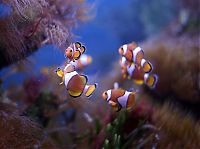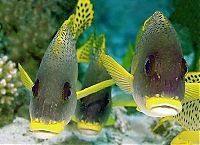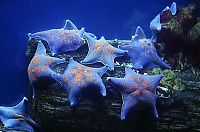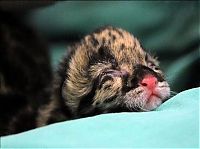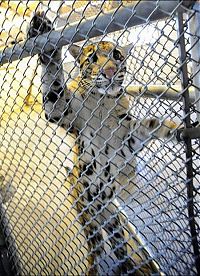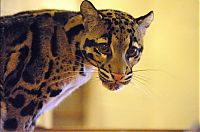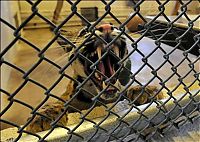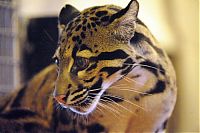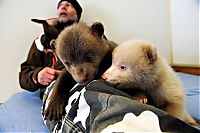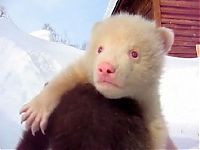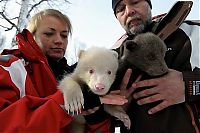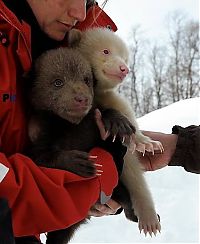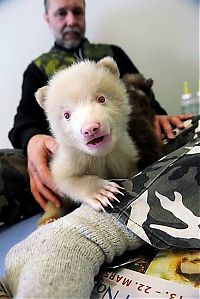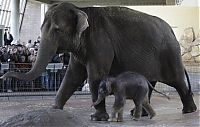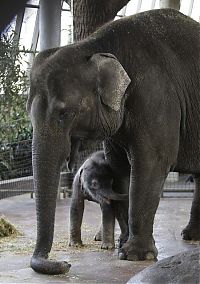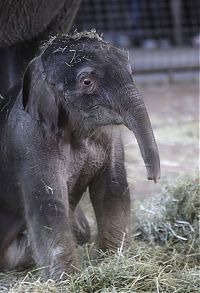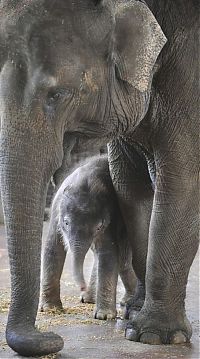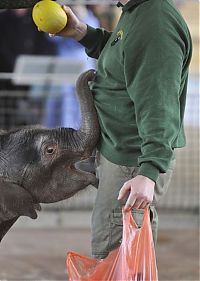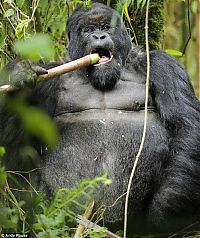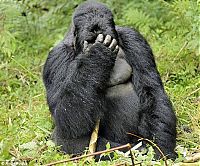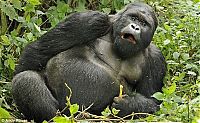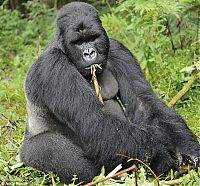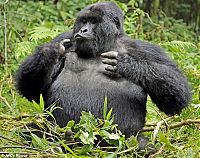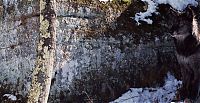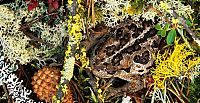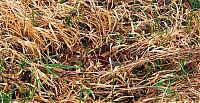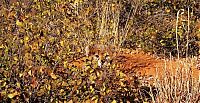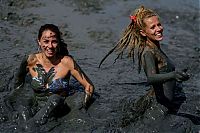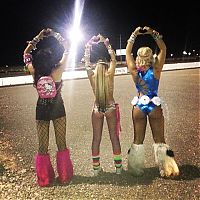Animal Photography
Tuesday, 7th April 2009, 08:36:33
Album: Fauna & Flora, New uploads: 14, Hits: 369, Size: 1MiB
Animals are a major group of multicellular, eukaryotic organisms of the kingdom Animalia or Metazoa. Their body plan eventually becomes fixed as they develop, although some undergo a process of metamorphosis later on in their life. Most animals are motile, meaning they can move spontaneously and independently. All animals are also heterotrophs, meaning they must ingest other organisms for sustenance...
Babe Animals
Wednesday, 1st April 2009, 11:02:16
Album: Fauna & Flora, New uploads: 25, Hits: 690, Size: 1MiB
Animals are a major group of multicellular, eukaryotic organisms of the kingdom Animalia or Metazoa. Their body plan eventually becomes fixed as they develop, although some undergo a process of metamorphosis later on in their life. Most animals are motile, meaning they can move spontaneously and independently. All animals are also heterotrophs, meaning they must ingest other organisms for sustenance...
Hypnotic Owls
Tuesday, 31st March 2009, 09:34:30
Album: Fauna & Flora, New uploads: 2, Hits: 64, Size: 0MiB
Owls belong to the order Strigiformes, constituting 200 extant bird of prey species. Most are solitary and nocturnal, with some exceptions (e.g. the Northern Hawk Owl). Owls hunt mostly small mammals, insects, and other birds, although a few species specialize in hunting fish. They are found in all regions of the Earth except Antarctica, most of Greenland and some remote islands. Though owls are typically solitary, the literary collective noun for a group of owls is a parliament...
Underwater Animals Photography
Monday, 30th March 2009, 14:09:20
Album: Fauna & Flora, New uploads: 8, Hits: 216, Size: 1MiB
Although a number of human activities are conducted underwater—such as research, scuba diving for work or recreation, or even underwater warfare with submarines—this very extensive environment on planet Earth is hostile to humans in many ways and therefore little explored. An immediate obstacle to human activity under water is the fact that human lungs cannot naturally function in this environment...
Two Small Leopard Born At The National Zoo Research Center
Monday, 30th March 2009, 10:19:24
Album: Fauna & Flora, New uploads: 9, Hits: 409, Size: 0MiB
The leopard, Panthera pardus, is a member of the Felidae family and the smallest of the four "big cats" in the genus Panthera, the other three being the tiger, lion and jaguar. Once distributed across eastern and southern Asia and Africa, from Siberia to South Africa, the leopard's range of distribution has decreased radically because of hunting and loss of habitat...
Salt And Pepper Cubs
Monday, 30th March 2009, 10:05:39
Album: Fauna & Flora, New uploads: 14, Hits: 658, Size: 0MiB
Many species of animals, particularly those domesticated, have been given specific names for the male, the female, and the young of the species. There are a few generic terms, "bull-cow-calf", for instance, that are found across species, but many species have been granted unique names for these gender/age characteristics.
It is thought that many of the bizarre words used for collective groupings of animals were first published in 1486 in the Book of St...
Elephant First Steps
Thursday, 26th March 2009, 21:51:45
Album: Fauna & Flora, New uploads: 14, Hits: 474, Size: 1MiB
Elephants are large land mammals in two genera of the family Elephantidae: Elephas and Loxodonta. Three species of elephant are living today: the African bush elephant, the African forest elephant and the Asian elephant (also known as the Indian elephant). All other species and genera of Elephantidae are extinct, some since the last ice age although dwarf forms of mammoths may have survived as late as 2,000 BC...
Rwanda, Gorilla By Andy Rose
Tuesday, 24th March 2009, 10:21:37
Album: Fauna & Flora, New uploads: 6, Hits: 612, Size: 1MiB
Gorillas are the largest of the primates. They are ground-dwelling and predominantly herbivorous. They inhabit the forests of central Africa. Gorillas are divided into two species and (still under debate as of 2008) either four or five subspecies. The DNA of gorillas is highly similar to that of a human, between 95 and 99% depending on what is counted, and they are the next closest living relatives to humans after the two chimpanzee species...
Hidden Animals
Monday, 23rd March 2009, 09:39:39
Album: Fauna & Flora, New uploads: 8, Hits: 329, Size: 1MiB
Animals are a major group of multicellular, eukaryotic organisms of the kingdom Animalia or Metazoa. Their body plan eventually becomes fixed as they develop, although some undergo a process of metamorphosis later on in their life. Most animals are motile, meaning they can move spontaneously and independently. All animals are also heterotrophs, meaning they must ingest other organisms for sustenance...
| History | 1 | - | 7 | 8 | 9 | 10 |
|
|
||||||||||||||
